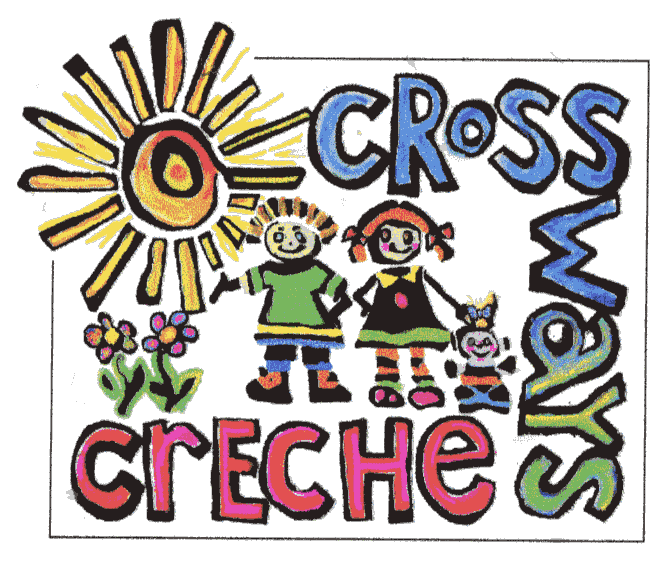Rationale: (why do we need this policy?)
At Crossways Community Creche, Early Learning Centre (the Centre) we are constantly reviewing and improving our teaching, management, environments, and practices. Internal Review and Evaluation (Internal Evaluation) is a process through which the Centre engages in critical inquiry in order to evaluate the effectiveness of what we do, with the aim of improvement and innovation. Parents should be consulted and informed on all aspects of their child’s education, and where appropriate, children should be consulted as part of the process.
Objectives: (what do we hope to achieve?)
At its heart, effective internal evaluation is about improving children’s outcomes, and therefore children are the focus of the internal evaluation process.
The purpose of conducting internal evaluation processes is to:
- identify and address areas for improvement;
- create knowledge about what works, for which children and why; and
- meet accountability requirements.
Guidelines: (how will we achieve it?)
Internal evaluation as a process should primarily be concerned with impact on children’s learning and development, using the principles, strands, goals and learning outcomes of Te Whāriki as a framework, together with the identified learning priorities of the kaiako, children, parents, whānau and communities.
Internal evaluation involves:
- asking good questions;
- gathering fit-for-purpose data and information;
- making sense of that information;
- prioritising actions for improvement; and
- monitoring and evaluating the impact of specific improvement actions.
Planned and spontaneous evaluation is regular and ongoing, there is clear documentation evidencing the process of internal review and evaluation, and they are available to the parents, community and others.
Evaluation may focus on the teaching and learning programme, priorities for learning, or other elements of practice delivery, directly impacting learning and teaching. It will ask: What is working well, and for whom? What needs to change, and how?
Roles The Teachers/Kaiako discuss, reflect upon and evaluate how effectively the curriculum planning and implementation is supporting children’s learning interests and progress.
The Management Committee discuss, reflect upon and evaluate how effectively the centre’s frameworks, consultation and strategic planning is supporting quality outcomes for children. The perspectives of managers, educators, children, parents, and whanau should be included in all reviews.
References: Education (Early Childhood Services) Regulations 2008: 47. Licensing Criteria: GMA4,5,6 Effective School Evaluation: How to do and use internal evaluation for improvement. Ministry of Education 2015 Te Whāriki online tewhariki.tki.org.nz Nga Arohaehae Whai Hua: Self-review Guidelines for Early Childhood Education Te Ara Poutama – Indicators of quality for early childhood education: what matters most. This resource builds on Effective Internal Evaluation for Improvement (2016) Ngā aronga whai hua Improving quality in early childhood education through effective internal and external evaluation NELP priorities 1-6
Approved date: September 2022 Review date: April 2024